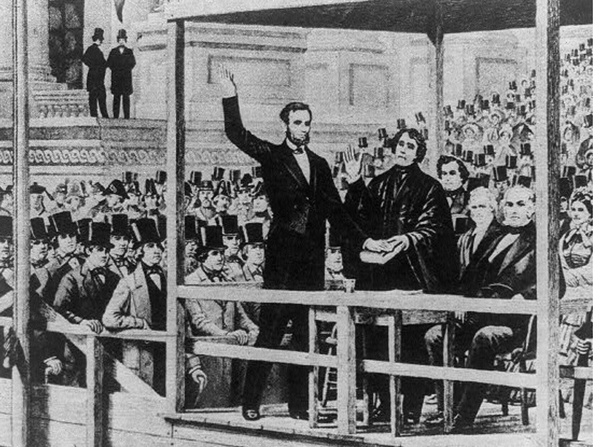

What did the South want from Lincoln that would have prevented the Civil War?
What did the South want from Lincoln that would have prevented the Civil War? The South’s primary demand from Lincoln and the federal government to avoid secession and the Civil War was to guarantee the continuation and expansion of slavery, particularly in new territories. Southern leaders were concerned that if slavery was limited to existing slave states and excluded from western territories, the institution would eventually weaken as the nation grew, reducing their political power.
When Lincoln won the presidency in 1860, he represented the new Republican Party, which opposed the spread of slavery to new territories (although Lincoln initially didn’t call for its immediate abolition). This worried the South, which felt that its way of life and economic interests, deeply tied to slavery, were under direct threat. Key things the South wanted from Lincoln to avoid conflict included:
Guarantee the Right to Own Slaves:
Southern states wanted a federal guarantee of their right to hold slaves, even in new territories. They also wanted the enforcement of the Fugitive Slave Act, requiring Northern states to return escaped slaves.
Equal Representation in Congress:
The South wanted assurances that its political influence would be protected, especially in the Senate, to prevent anti-slavery legislation.
Protection of States’ Rights:
They argued for a more limited federal government that would not interfere in what they considered states’ issues, especially regarding slavery.
Had Lincoln guaranteed the indefinite expansion and protection of slavery, Southern leaders might have delayed or reconsidered secession. However, such a compromise became increasingly difficult, as abolitionist movements and Northern sentiment against slavery grew stronger, making the Civil War difficult to avoid.
The South’s primary demand from Lincoln and the federal government to avoid secession and the Civil War was to guarantee the continuation and expansion of slavery, particularly in new territories. Southern leaders were concerned that if slavery was limited to existing slave states and excluded from western territories, the institution would eventually weaken as the nation grew, reducing their political power.
When Lincoln won the presidency in 1860, he represented the new Republican Party, which opposed the spread of slavery to new territories (although Lincoln initially didn’t call for its immediate abolition). This worried the South, which felt that its way of life and economic interests, deeply tied to slavery, were under direct threat. Key things the South wanted from Lincoln to avoid conflict included:
Guarantee the Right to Own Slaves:
Southern states wanted a federal guarantee of their right to hold slaves, even in new territories. They also wanted the enforcement of the Fugitive Slave Act, requiring Northern states to return escaped slaves.
Equal Representation in Congress:
The South wanted assurances that its political influence would be protected, especially in the Senate, to prevent anti-slavery legislation.
Protection of States’ Rights:
They argued for a more limited federal government that would not interfere in what they considered states’ issues, especially regarding slavery.
Had Lincoln guaranteed the indefinite expansion and protection of slavery, Southern leaders might have delayed or reconsidered secession. However, such a compromise became increasingly difficult, as abolitionist movements and Northern sentiment against slavery grew stronger, making the Civil War difficult to avoid.




